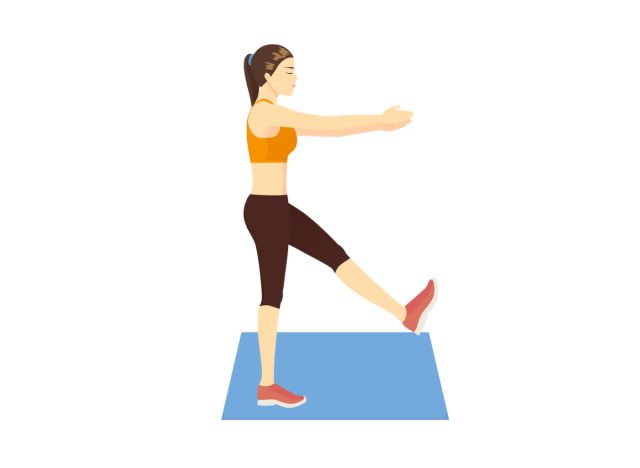They say that every true coffee drinker has 2 personalities: the person they are before taking their first sip of coffee and the person they become afterward. If you can relate to this, you are probably well aware of how addictive caffeine can be.
Everyone knows that giving up the delicious cup of coffee in the morning is difficult and many people eventually relapse. This is why we decided to show how our bodies react when caffeine consumption drops to zero and what we can do about it.
What Happened When I Quit Coffee
Your Body Weight Is Likely To Change
An unexpected change in body weight can cause stress for anyone, and sometimes quitting coffee causes it.
Caffeine acts as a metabolism booster, which means your body burns calories more efficiently. When you stop drinking coffee, the caffeine supply you were used to will no longer have the effect of burning calories, and in fact, you may gain weight.
On the contrary, if you were used to taking 3 frappuccinos a day and stopped drinking, you could lose weight, as you would no longer consume that many calories.
Concentrating On Things Will Be Harder
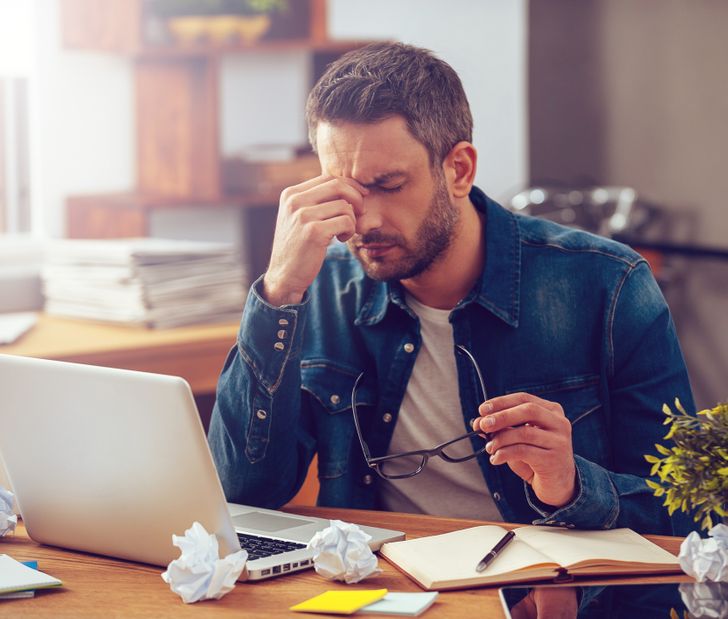
Drinking coffee makes people more alert, as it stimulates the release of dopamine and adrenaline, which increases brain activity and increases blood pressure.
This means that when you stop drinking, you will probably have problems when you need to focus on work or other important activities because your brain will not be stimulated in the way it is used to.
Anxiety Will Kick In
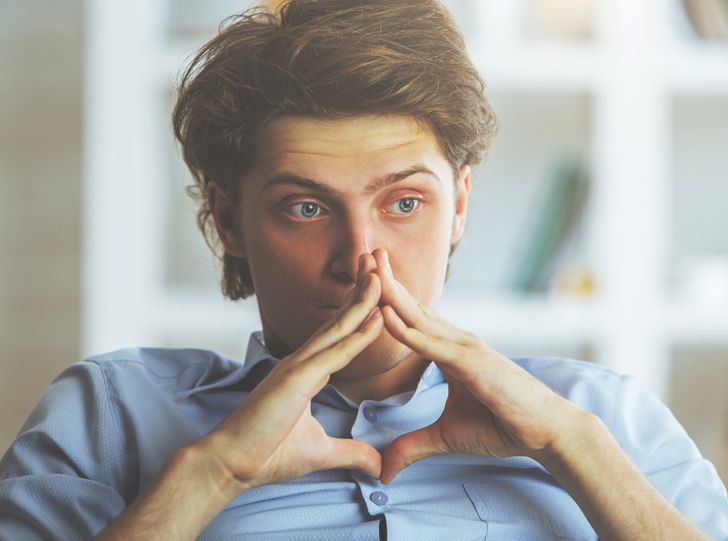
Even if you are not an anxious person, you will definitely experience some anxiety as soon as your caffeine withdrawal is in effect.
Increased anxiety is common for coffee drinkers who decide to quit their favorite beverage. This is due to the chemical imbalance in the brain caused by an insufficient supply of caffeine.
Headaches Will Be More Frequent
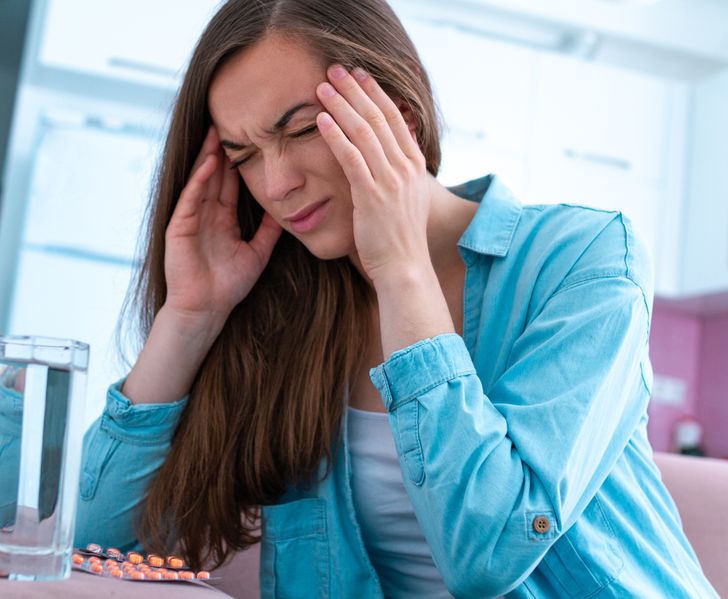
Unfortunately, headaches are the most common side effect of caffeine deprivation. This is caused by the opening of the blood vessels, improving blood circulation in the brain.
Once the body adjusts to the increased blood flow, the headaches will eventually go away. We know what this process is like: the discomfort related to headaches can have a negative effect on your daily activities.
READ RELATED: Alopecia influencer slams Hollywood after the alopecia community gets online abuse
You Will Be Low On Energy
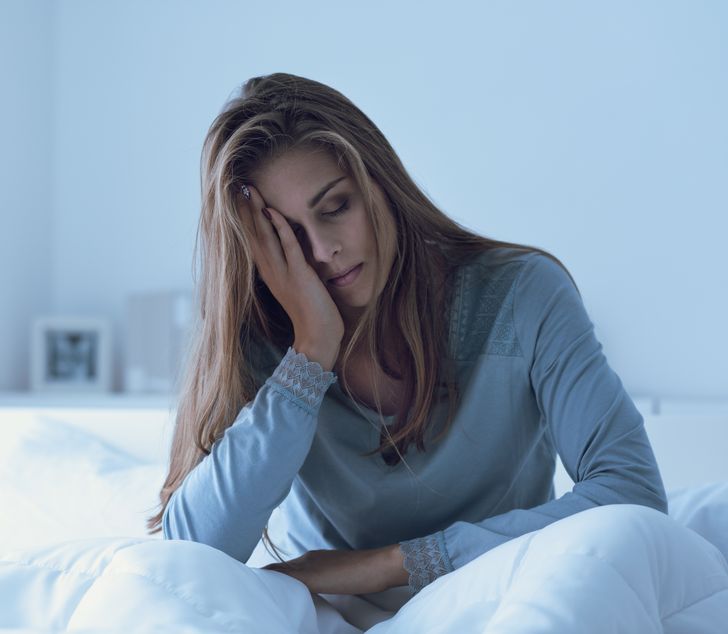
One of the main reasons why we are addicted to coffee is due to the increase in energy that it gives us. Unfortunately, the effect lasts only an average of 5 hours, so many of us drink more than a cup of coffee a day, hoping that we can have energy and focus throughout the day.
This, however, will have the opposite effect when you stop drinking coffee. Most caffeine addicts experience fatigue immediately after they initiate the caffeine withdrawal.
How Can We Reduce These Negative Effects?
As you can see, our bodies react in many different ways when we deprive them of the morning (and the afternoon, by the way) cup of coffee. The good news is that there are ways we can calm or even stop these reactions.
Here is a list of things to do if you want to stop drinking coffee forever and need to deal with the consequences of that decision.
Reduce Your Caffeine Intake At A Steady Pace
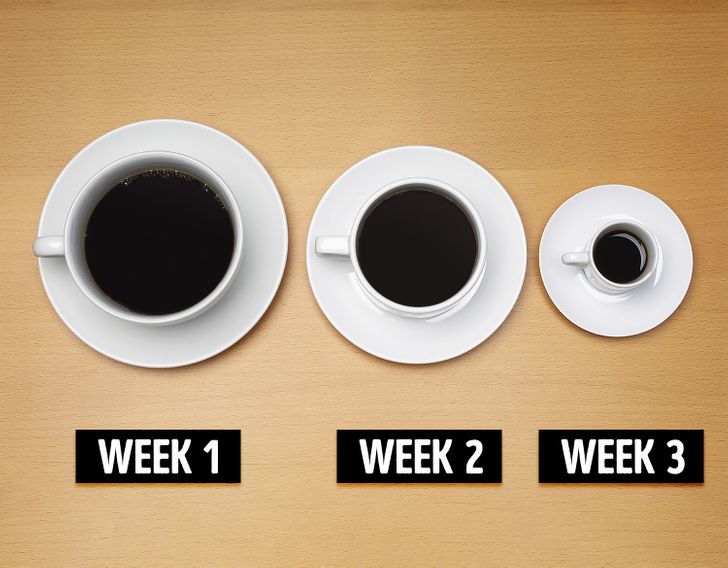
This is by far the best thing you can do when you decide to cut back on your caffeine. It works best if you do it together with your partner or roommate, for example.
If you are a true coffee lover and drink, for example, 3 cups a day, you should spend a week drinking only 2.
Then you can reduce the amount to just 1 cup of coffee in the morning, after which you eventually stop. These two weeks will definitely help you with the stress of not having enough caffeine in your system.
Stay Hydrated And Drink Tea
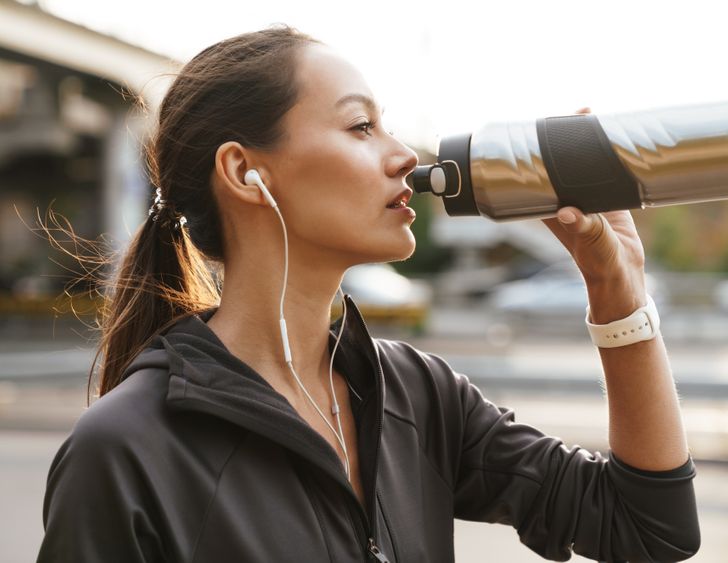
Good hydration is essential, especially if you are on your way to becoming a former coffee drinker. Drink a glass of water every hour, that should be enough. Replace the regular cup of coffee with your favorite tea just to keep up the habit of drinking something in the morning.
Exercise And Get Quality Rest
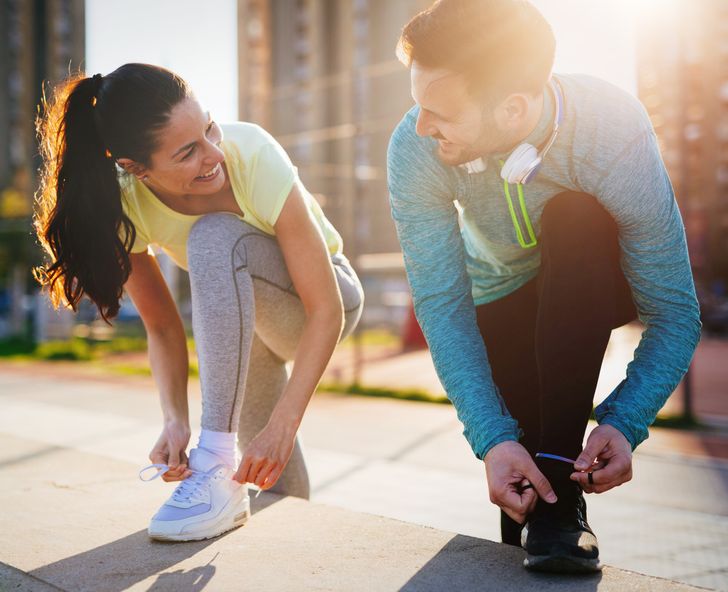
What you should do is reduce stress and keep your energy levels where they should be when there is no caffeine in your daily nutritional plan.
You can add additional activities, like a 10-minute run around the block or some weight exercises. All of this is good for blood circulation and will give you an energy boost. Being active will increase your attention and easily suppress any craving for coffee.
Have you ever tried to stop taking caffeine or at least reduce the amount you consume daily? You can share your personal experience in the comments below.
Source: crfatsides









